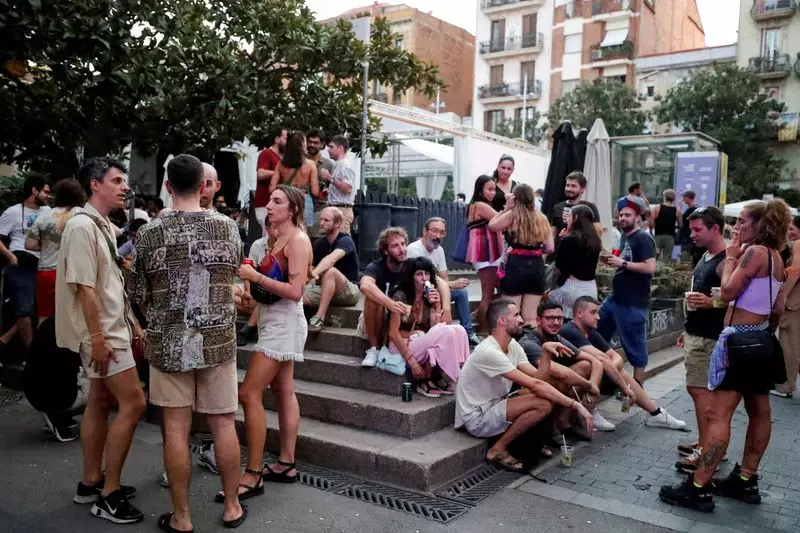Barcelona’s decision to raise the tourist tax for cruise passengers visiting the city for less than 12 hours has sparked controversy and debate. Mayor Jaume Collboni announced the proposed increase in an interview, highlighting the need for tourists to contribute to local projects and for tourism to be more respectful of the local community. This move reflects broader concerns about the impact of tourism on housing costs and livability in popular holiday destinations like Barcelona.
Rationale for the Tax Increase
Collboni justified the tax increase by pointing out the intensive use of public space by stopover cruise passengers without any tangible benefits for the city. He emphasized the need for tourists, rather than local taxpayers, to fund projects like air-conditioning schools. By increasing the tax for stopover cruise passengers, Barcelona aims to make tourism more sustainable and respectful of the destination.
While the proposal to increase the tourist tax has received support from some quarters, it has also faced criticism and opposition. Anti-tourism activists have been vocal about the negative impact of tourism on housing costs and residents’ quality of life in popular holiday destinations across Spain. The protests in cities like Palma de Mallorca, Malaga, and the Canary Islands reflect growing discontent with the consequences of mass tourism.
Collboni’s announcement that Barcelona will ban apartment rentals to tourists by 2028 signals a commitment to addressing the housing crisis and making the city more livable for residents. This move is a drastic measure aimed at curbing the housing costs driven by tourism. It remains to be seen how this decision will be implemented and what its long-term effects will be on the city’s tourism industry and economy.
Barcelona’s decision to raise the tourist tax for cruise passengers visiting the city for less than 12 hours reflects broader concerns about the impact of tourism on local communities and housing affordability. The proposed tax increase seeks to make tourism more sustainable and respectful of the destination while also funding local projects. However, this move has sparked controversy and debate, highlighting the complex challenges of balancing tourism growth with the needs and well-being of residents. Barcelona’s future policies and actions in response to these challenges will have far-reaching implications for the city and its relationship with tourism.

